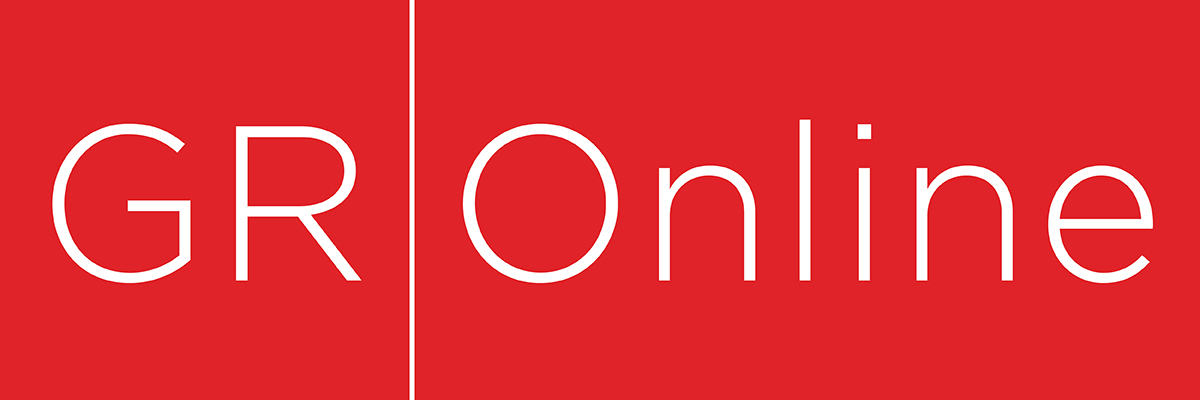
Welcome to GR Online, a series of short-form articles that take aim at the moving target of contemporary culture as it’s whisked along the guide rails of innovations in digital media, globalisation and late-stage capitalism.
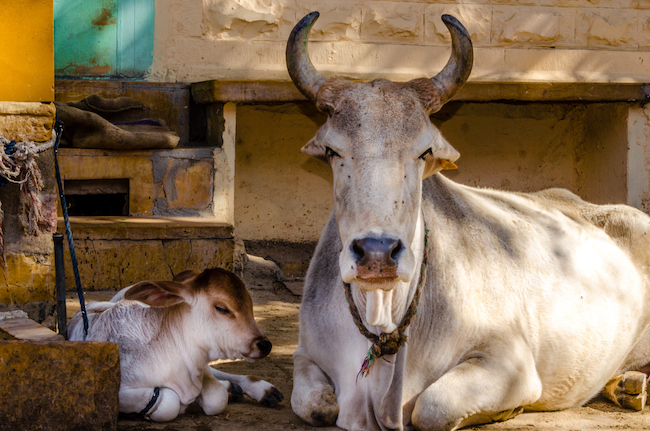
Divine dis/connection
MY FAMILY HAVE always been wary around animals, especially in the home (I could have written ‘non-human animals’, but a stark separation of human from animal is truer to them). My brother and I have changed because of animal encounters in share houses and via intimate others, and we now each live with a partner who likes cats (I ‘have’ one cat; he ‘has’ two). But our parents have remained the same.
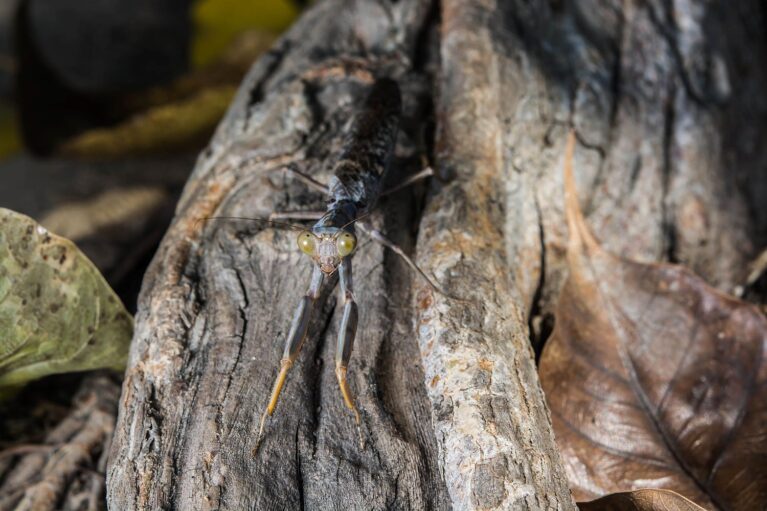
Where the wild things aren’t
Melbourne Zoo knows that it sits in an uneasy position as a conservationist advocate, still keeping animals in cages, and with an exploitative and cruel past. Our guides for the evening walked a practised line between acknowledging the zoo’s harmful history and championing its animal welfare programs, from the native endangered species they’re saving to their Marine Response Unit, a dedicated seaside taskforce just waiting for their sentimental action movie.
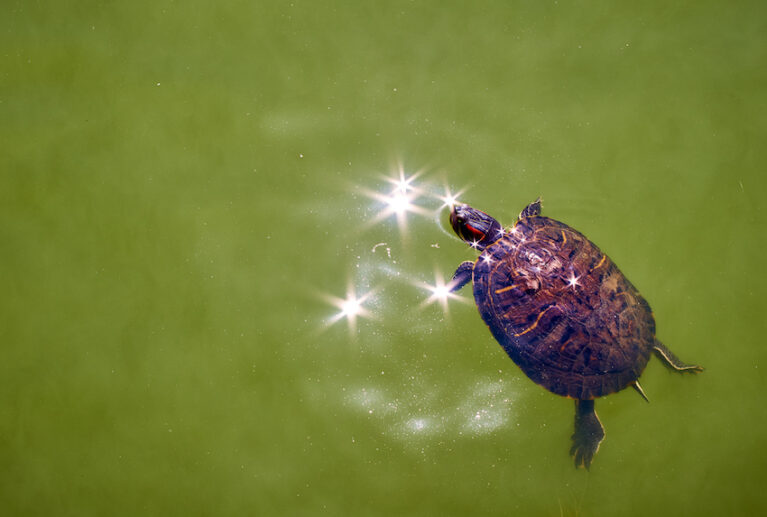
Talking to turtles
Eighteen years ago, I moved to a seaside village on Cape Cod on the north-eastern shore of the United States. Finding the ocean there too dangerous, I swam in ponds. I waded through mud the consistency of yoghurt ever on the lookout for fifty- and sixty-pound snapping turtles. I dove in, swam and got out as fast as possible.
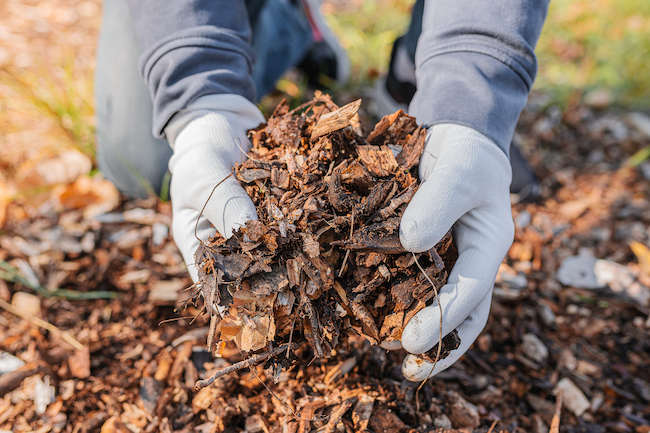
Smoking hot bodies
Since 2013, South Korea has mandated the use of compost bins for uneaten food and the country now recycles an estimated 95 per cent of its food waste. Similar schemes exist in Europe and North America, and in June, Nevada became the seventh American state – after Washington, Colorado, Oregon, Vermont, California and New York – to legalise human composting.
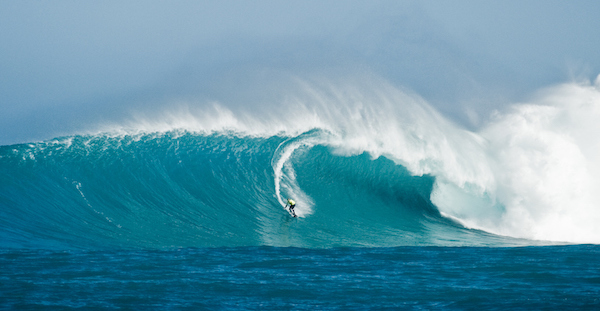
Revolutionary wave
This was the late ’60s, early ’70s and surfing in Wales was regarded by the parent generation as delinquency. It was for losers, layabouts, rogue males. In those early days Welsh surfers numbered around one hundred, congregated on half a dozen beaches down fifteen miles of coastline west of Swansea, known as the Gower. I knew each one of those surfers by the styles they deployed on the waves. So idiosyncratic was early Welsh surfing that out on the road if you saw a car with boards on the roof coming at you, both drivers would pull over for a chat.

The defence
The history of computer science is bound up with the game of chess, whose innate complexity and clearly defined rules make it the ideal proving ground for artificial intelligence. And yet the game not only survived the defeat of Garry Kasparov in 1997 by IBM’s supercomputer Deep Blue, but also seemed to flourish in its wake. According to International Chess Federation figures, more people are playing the game than ever before, and not merely over the internet. Now, as a new generation of AIs aces the Turing test – according to which a machine may be deemed intelligent if the human interacting with it can’t tell if it is a machine or not – it might be worth taking a closer look at chess as a social and creative phenomenon that speaks to the limits of ‘smart’ machines.

We will never be modern
My Instagram feed, an information-stream cosplaying as a hyper-relevant town square, has undergone a radical transformation in the past few years. Whereas once that endless deluge teemed with benign yet revealing snapshots of friends moving through the motions and milestones of life – brunches, holidays, weddings and pregnancies – today’s experience is far removed.
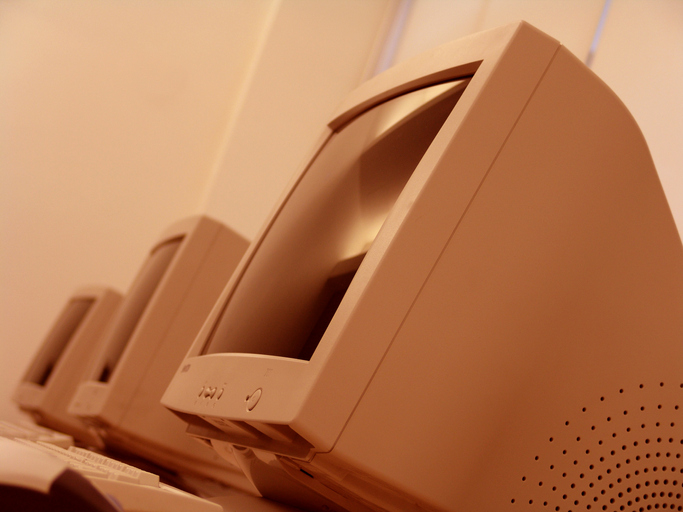
Virtue signals
The sheer speed and volume at which data is processed, coupled with popular imaginings of the infallibility of machines, means that predictions produced by such processes are imbued with the aura of objectivity. As a result, hard decisions – acting in contexts of radical uncertainty, and having to determine winners and losers – become easy ones based on limited considerations directed towards improving the lot of as many individuals as possible while doing least harm. In other words, big data transforms the need to act politically into the possibility of acting only technically.

Upping the ante
As it turned out, Centrebet’s move online – coupled with the many other betting innovations it pioneered – led exactly to where Daffy hoped it would: a prodigious pot of gold. He says the company went from taking ‘fifty or sixty bets in one day’ to taking ‘five or 600,000 bets on a Saturday night from all over the world’. By the turn of the millennium, its annual turnover was in excess of $100 million and it had become – in the words of Piers Morgan, its then general manager – ‘one of the leading sports betting organisations in Australia, if not the world’.
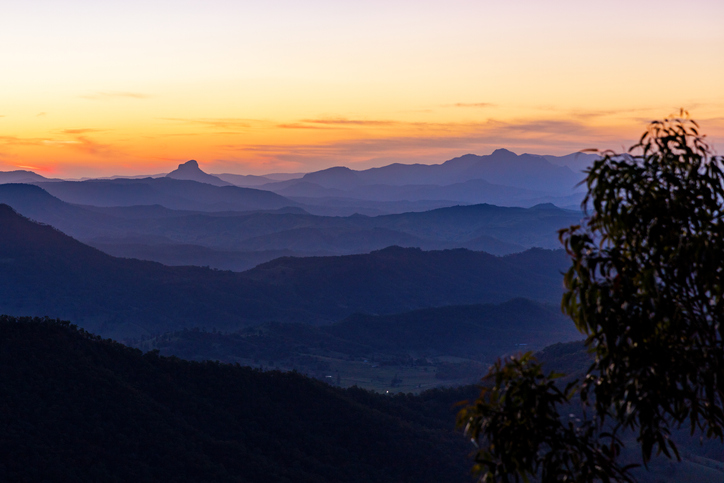
The geography of respect
Starting in 2019, Parks Victoria closed or restricted access for climbers to much of Gariwerd-Grampians while it assessed cultural heritage and worked with Traditional Owners and conservation experts to develop the Greater Gariwerd Landscape Management Plan (GGLMP). These closures drew strong reactions from many climbers. They saw Parks Victoria’s actions as impinging on their rights, and its apparent focus on climbing as a risk to cultural heritage and environmental integrity as overblown.

In the fullness of time
Our devices and data are more than extensions of our physical bodies. The so-called ‘human-centric’ approach to designing wearable and carriable devices means that they disrupt traditional divisions between work and leisure, production and consumption. It’s difficult not to feel the incursion of work-logics into leisure times and spaces as normal. Stretched for time, couples, families and friendship groups are starting to organise themselves using tools like Slack, Jira, Trello and Asana – that is, in the same way as workplaces.

‘A world we must defend’
Schools across Australia banned Pokémon in an attempt to regain control, but this only caused the franchise mania to intensify. Now Pokémon wasn’t just fun – it was also illegal, which meant it was dangerous, which meant trading cards on campus made you a risk-taker, which meant you were seen as fearless, which meant that you were dangerous.